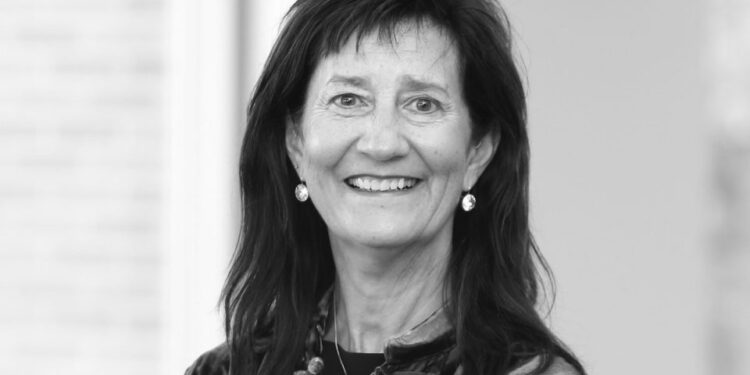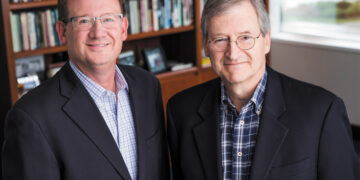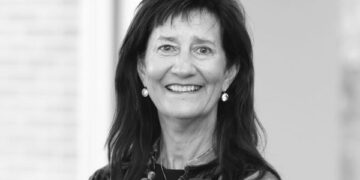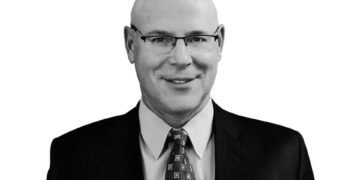Who could say “No” to an opportunity to explore Uganda?
Not me. I recently found myself teaching at African Rural University, the first women’s university in Uganda, with side trips to sit with gorillas in the Impenetrable Forest, visit President Yoweri Kaguta Museveni’s palace, and investigate social enterprises that address ways to eradicate HIV/AIDS androvercome poverty.
One of the best things about Uganda is that I was out of culture, but able to communicate with people, because English is an official language in Uganda. This is true of many African countries, including Zimbabwe, Botswana, Namibia, and others. I was able to converse about ethical business practices, social issues, and a whole range of other things, thus learning more about the world and myself through my travel experience.
While at dinner one evening, I picked up a newspaper and read about a woman who has taken three men as husbands. While marriage between one man and multiple wives is normal, it is unusual for the reverse to hold true. I engaged a couple of young men at a nearby table about their reactions to the story. In the United States, the conversation would have included surprise and perhaps even outrage at the polygamist practice itself. Our conversation centered on why the young men were shocked and that this strain of polygamy should be squashed. If a child is born, how could they identify the father? How could dowries and inheritance work?
The subject that really stuck with me; the overarching, powerful social issue that regularly surfaced in conversations as I traveled throughout Uganda, was opportunity.
At the African Rural University, young women said, “We can develop skills and talents, and this is good. But without opportunities to use them, we are back to square one.”
This sentiment was echoed in orphanages and small village shops, by established professionals and young up-and-comers. It was as if opportunity is a food for which they are all hungry. “How do we start a business when there is nowhere to apply for capital?” This made me keenly aware of my privilege and abundance. I have had opportunities as I have established myself as a professional. There are resources around me. People and systems have given me a leg up.
When I reflect on my Ugandan travel, my lesson is primarily about opportunity and my impact on it. I believe that as professionals, community activists, volunteers, or plain-ol’ privileged citizens of the world, we must practice opening doors to opportunity for people even if they live on the other side of the world.
I can start by responding to the email sent to me from one of the young women at African Rural University who wrote, “I want to get a master’s degree and go back to my village to start a nonprofit. How do I do that?”
This article was printed in the February/March 2020 edition of B2B. To receive the magazine, click here to subscribe.













